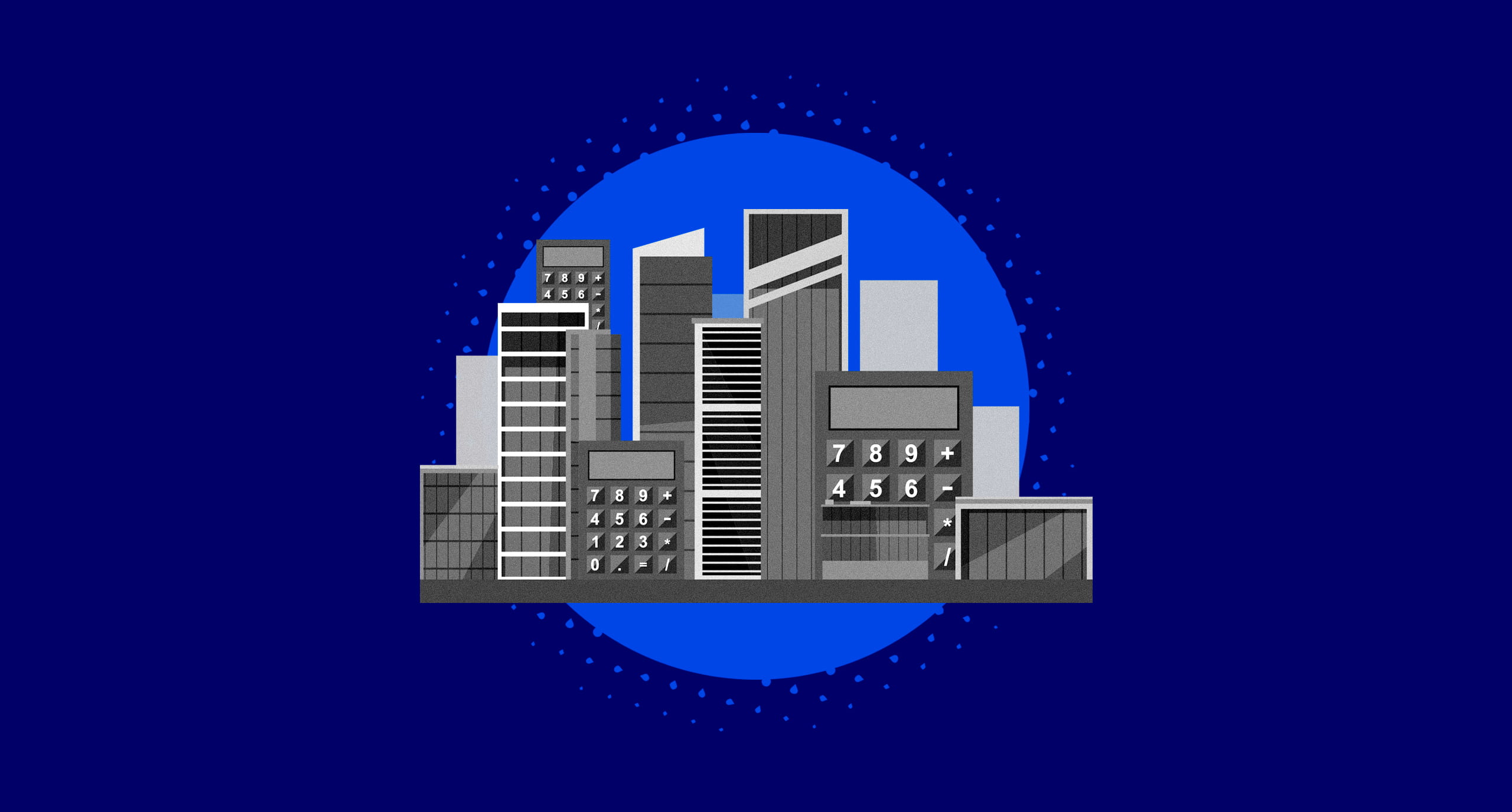03/02/2025
Let us introduce AI's industrious—and slightly simpler—younger sibling.
You’ve heard of ROI. You may have played an RPG. Well, ladies and gentlemen, please give your warmest welcome to RPA—professionally known as “robotic process automation”. It’s modern, it’s efficient and it’s here to make your life significantly less boring.
Excited? Let’s get into it.
What is robotic process automation?
So, first things first, what is robotic process automation or “RPA”? In short, it’s a software technology that makes it easy to build, deploy and manage software robots. These digital helpers can do manual human actions—understanding what’s on a screen, doing the right keystrokes, identifying and extracting data. They do all the boring stuff that humans usually do. Except RPA is super fast and never gets tired.
But what’s the difference between RPA and AI? Good question! RPA’s strength lies in its use of structured inputs and predefined logic. That means it handles tasks that are rule-based and trigger-driven. AI, on the other hand, learns on its own and doesn’t depend on structured inputs.
RPA won’t write a sonnet, but it will copy and paste your information and organize your documents.

The great thing is that both these technologies will grow in tandem. As deep neural networks evolve, RPA and AI will combine to automate complex processes by mimicking human decision-making and improving productivity, decision-making and human fallacy.
Is RPA part of digital transformation? And how does RPA improve efficiency in digital transformation initiatives?
Yes, RPA is a part of digital transformation and is crucial in driving cross-industry change. Its streamlining of repetitive tasks will revolutionize jobs that depend on things like data entry, invoice processing and HR workflows. It won’t just save time either. It’ll actually reduce manual errors and help businesses during peak workloads. That gives you time to focus on higher-value tasks.
The great thing about RPA is that it’s scalable. Because it works with structured inputs, you can combine it with your existing systems—meaning you don’t have to convince technophobic workforces to learn from scratch. It also means super-speed return on investment due to fast integration with daily processes. Operational costs decrease, productivity improves and everyone gets that bit happier.
RPA reduces turnover and boosts productivity.

So, where can RPA be used and how can RPA improve business practices? The answer is pretty much everywhere and in every way. Robotic process automation has a role to play in finance, healthcare, manufacturing and more. It’s already being leveraged for customer service, IT operations and compliance. Furthermore, it enhances communication and supports management tasks, making it a must-know technology for those with C-suite ambitions. We’ll see RPA at the core of digital transformation as hyperautomation and AI-driven workflows become commonplace.
What industries benefit most from implementing RPA as part of their digital transformation?
There are some big players benefiting from this technology already: BFSI (Banking, Financial Services and Insurance), IT and telecom, healthcare, logistics, manufacturing and retail are all finding the role of RPA pivotal in digital transformations.
Of the industries mentioned, RPA-led digital transformation has been most relevant in BFSI. Time-consuming tasks such as data entry, document verification, regulatory compliance, fraud detection and customer financial management are being optimized. In fact, RPA revenues in banking reached $1.2 billion in 2023, with an estimated revenue above $200 million in 2018.
Similarly, healthcare is progressing under RPA. Robotic process automation has revolutionized patient registration, billing and insurance claim processing. This in turn minimizes errors and allows healthcare professionals to dedicate themselves to patient care. Manufacturing, transport and logistics are also hot on the heels of innovation. In the manufacturing industry, digital transformation and RPA have enhanced production and supply chain management. In transport and logistics, RPA optimizes scheduling and inventory tracking.
Retailers benefit from automating inventory management and customer service, improving the shopping experience and cutting costs.

Spearhead RPA-led digital transformation with IE School of Science & Technology
At IE School of Science and Technology, you’ll unlock your full potential in an environment designed for innovation and impact. Our cutting-edge programs and initiatives accelerate scientific knowledge and drive breakthroughs in STEM education. You’ll collaborate with brilliant minds—faculty, staff, and students—to solve real-world problems through technology.
Get ready to develop a diverse skill set that drives meaningful change.

Ready to become a future tech leader? Follow the link below to find out more information.
Benjamin is the editor of Uncover IE. His writing is featured in the LAMDA Verse and Prose Anthology Vol. 19, The Primer and Moonflake Press. Benjamin provided translation for “FalseStuff: La Muerte de las Musas”, winner of Best Theatre Show at the Max Awards 2024.
Benjamin was shortlisted for the Bristol Old Vic Open Sessions 2016 and the Alpine Fellowship Writing Prize 2023.








